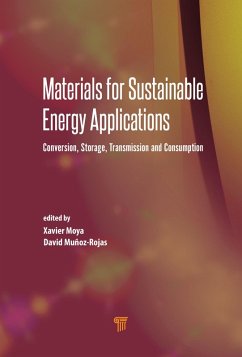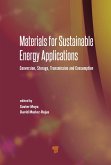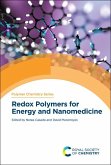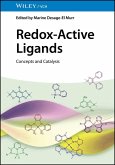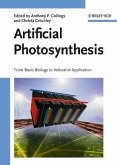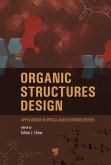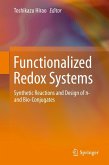The impending energy crisis brought on by the running out of finite and non-homogenously distributed fossil fuel reserves and the worldwide increase in energy demand has prompted vast research in the development of sustainable energy technologies in the last few decades. However, the efficiency of most of these new technologies is relatively small and therefore it needs to be increased to eventually replace conventional technologies based on fossil fuels. The required efficiency increase primarily relies on the ability to improve the performance of the functional materials which are at the heart of these technologies. The purpose of this book is to give a unified and comprehensive presentation of the fundamentals and the use and design of novel materials for efficient sustainable energy applications, such as conversion, storage, transmission, and consumption. The book presents general coverage of the use and design of advanced materials for sustainable energy applications. Thus, the book addresses all the relevant aspects, such as materials for energy conversion, storage, transmission, and consumption.
Dieser Download kann aus rechtlichen Gründen nur mit Rechnungsadresse in A, B, BG, CY, CZ, D, DK, EW, E, FIN, F, GR, HR, H, IRL, I, LT, L, LR, M, NL, PL, P, R, S, SLO, SK ausgeliefert werden.

